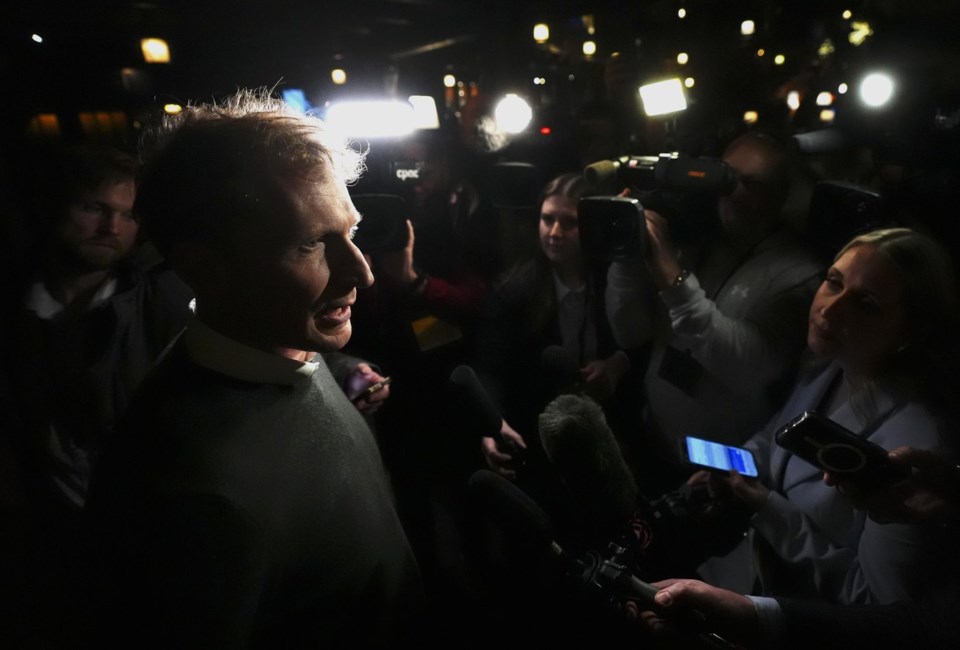OTTAWA — The federal government is increasing the number of refugees it plans to resettle as a result of Sudan's civil war, with changes that could see 7,000 more people reach Canada through various programs.
But it remains impossible for Quebecers to sponsor relatives from Sudan to resettle in that province — and Quebec's government says it's already doing enough to help asylum seekers.
The federal government announced Thursday it is increasing the number of resettlement applications it will accept from 3,250 to more than 5,000, which it projects will lead to 10,000 people reaching Canada.
Immigration Minister Marc Miller says the government will also resettle 4,000 Sudanese living in dangerous conditions abroad by the end of 2026, and open spots for 700 Sudanese to be privately sponsored.
He announced that Quebecers are no longer barred from applying to resettle their relatives — as long as those family members go to another province.
That's because Quebec has the right to refuse any temporary immigration measures that Ottawa puts in place.
In a French-language statement, Émilie Vézina, a spokesperson for Quebec's immigration ministry, says the province has opted against implementing the program, "although we are sensitive to the distress that the war in Sudan is causing Sudanese people as well as their relatives in Quebec."
"Quebec already contributes a lot to humanitarian efforts in general, notably by welcoming a large share of the asylum seekers arriving in Canada," the statement adds.
The ministry says the Sudanese diaspora in Quebec can still sponsor relatives through a general immigration program that isn't related to the war.
Violence has swept through most of Sudan since April 2023, when competing government troops took up arms against each other — leading to what the United Nations has called the world's largest displacement crisis and what Washington has described as a genocide in the Darfur region.
The Liberals first launched the family reunification program for Canadians with relatives in Sudan in February 2024, and it originally excluded anyone living in Quebec from being able to sponsor their Sudanese relatives.
A March 2024 binder prepared for Miller's testimony to a House of Commons committee offered this rationale for excluding Quebecers: "The government of Quebec is responsible for selecting candidates for permanent residence in the province, with the exception of the family class and protected persons in Canada."
Last week, diaspora groups such as the Sudanese Canadian Community Association released an open letter saying the Sudan program faces "discriminatory barriers," including a slow launch, a lower level of financial support than what's been offered to people fleeing Afghanistan or Haiti, and processing delays that have resulted in people dying before they could be brought to Canada.
Miller has said the program was created in consultation with diaspora groups and will be adjusted to address issues as they arise.
This report by The Canadian Press was first published Feb. 20, 2025.
Dylan Robertson, The Canadian Press

